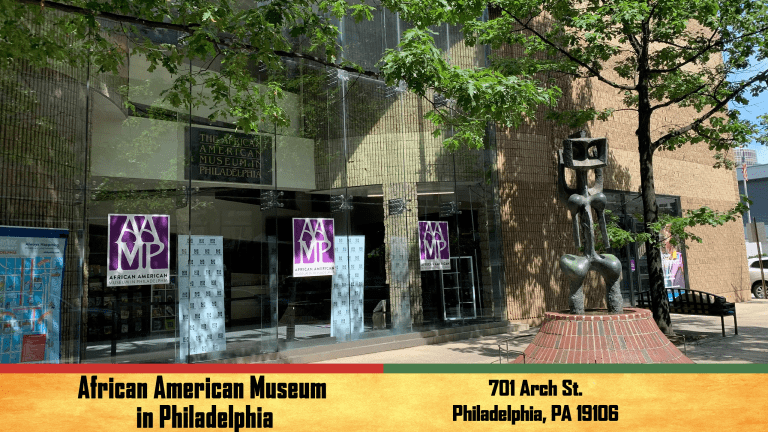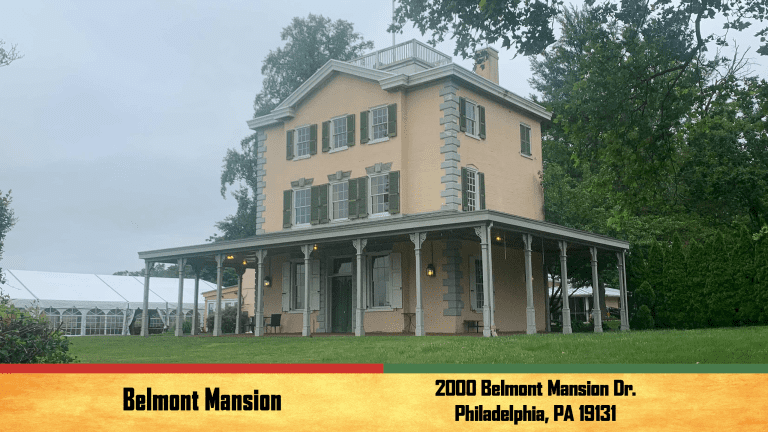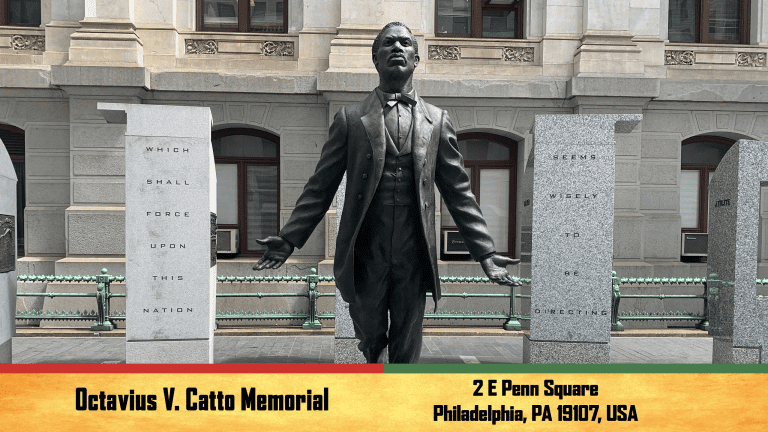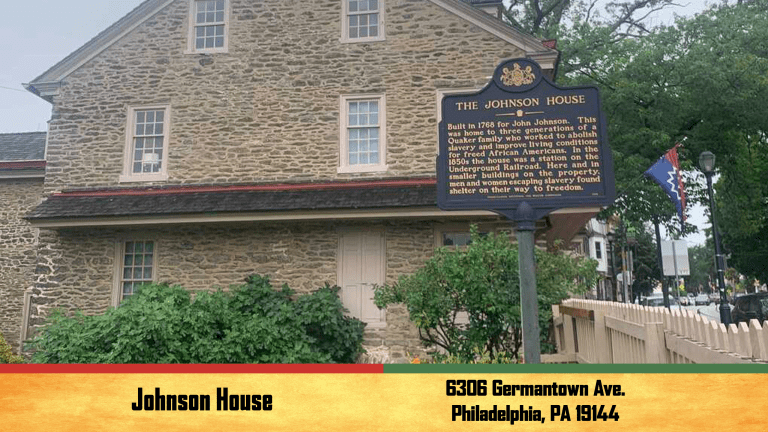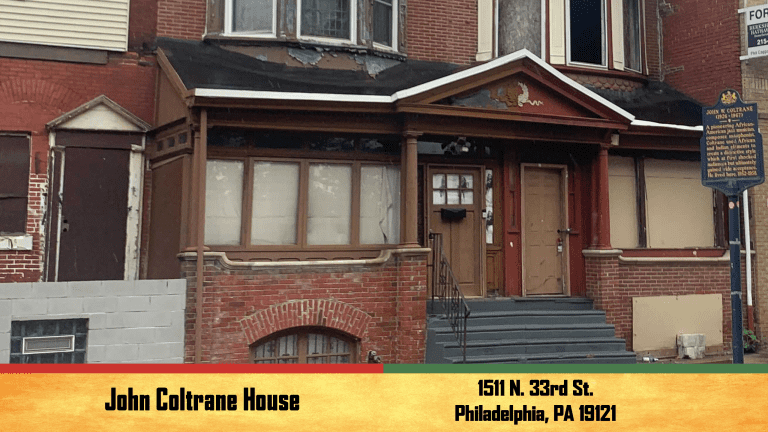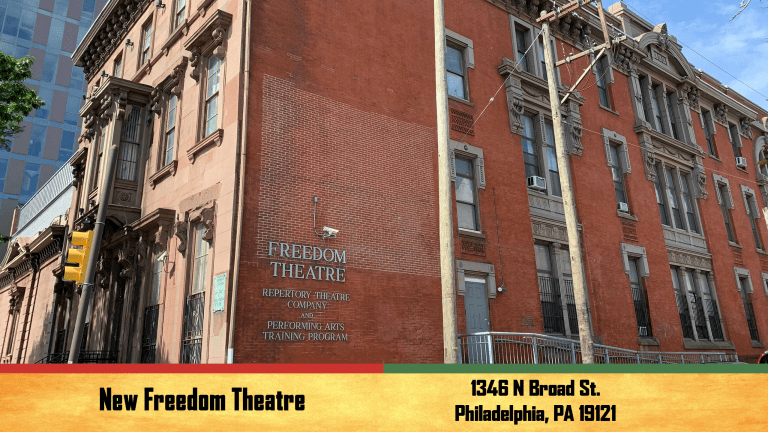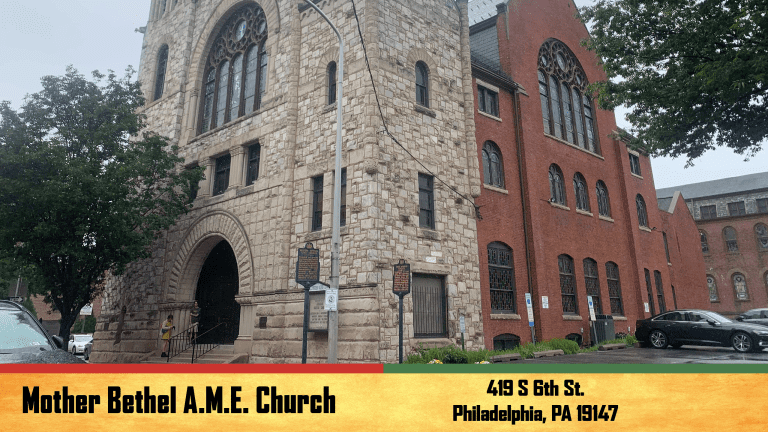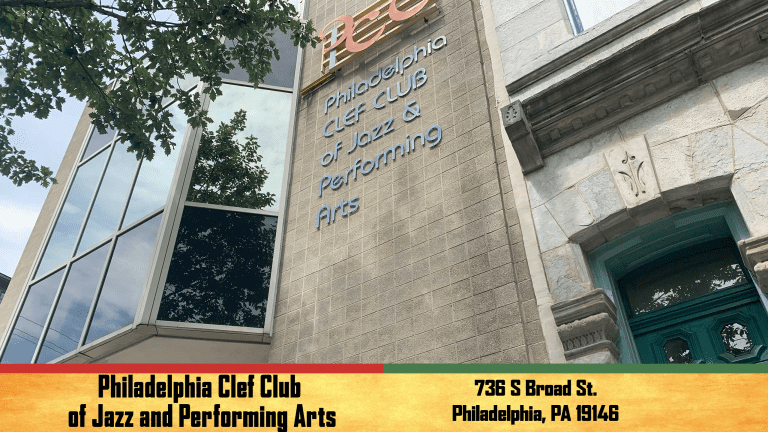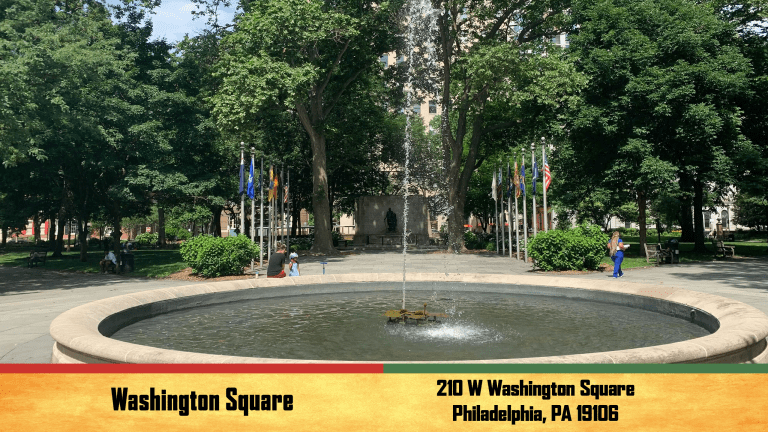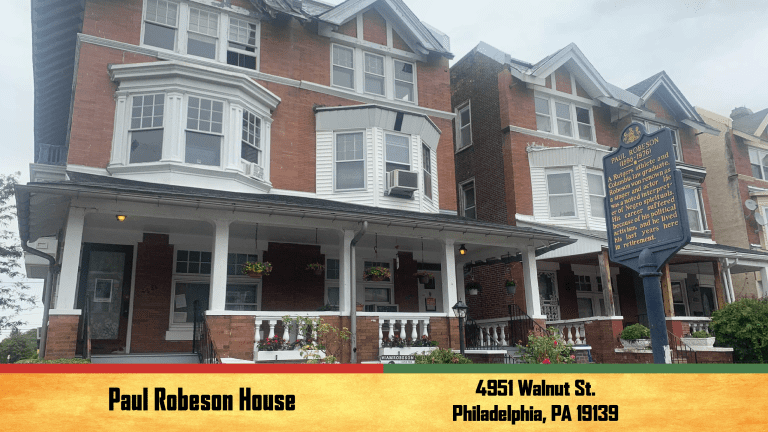Philadelphia, commonly referred to as the birthplace of our nation has an extensive history, one in which African Americans have played a significant role in. The city’s rich history is home to important African American sites and landmarks, which often go unrecognized.
To celebrate Juneteenth, the Philadelphia Union have created a virtual tour of sites across Philadelphia that celebrate and honor the remarkable contributions that black Americans have made to the composition of Philadelphia.
Our list features museums, landmarks, churches, and other historical sites. These locations represent African American history through a multitude of educational opportunities for visitors of all ages.
Whether walking the extraordinary streets of Philadelphia or viewing the tour from the comfort of your own home, we hope that this tour illustrates the successes, struggles and influences of African Americans through the centuries in Philadelphia.



